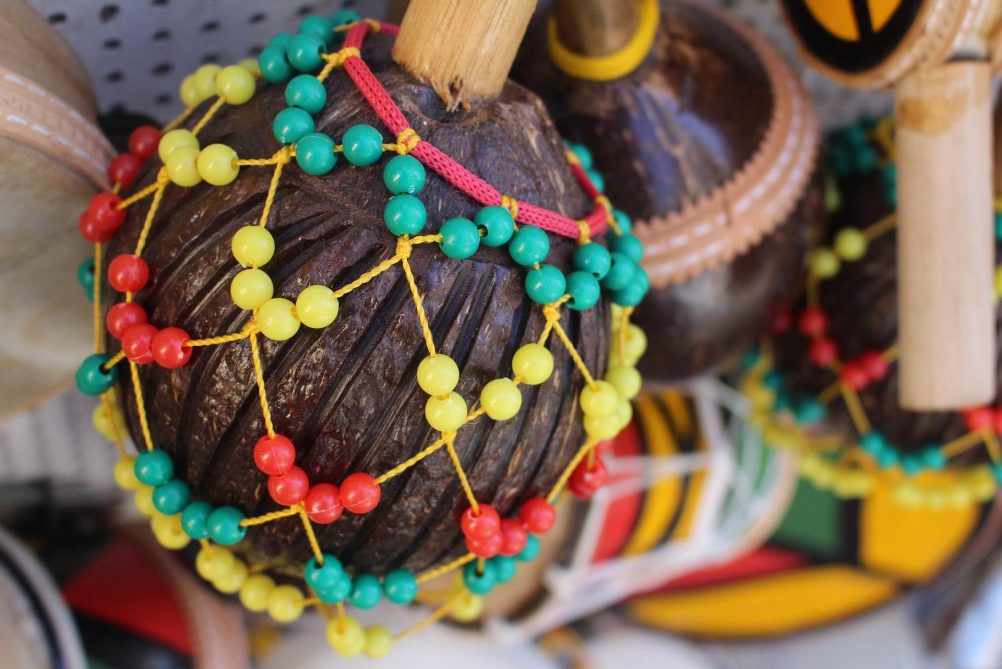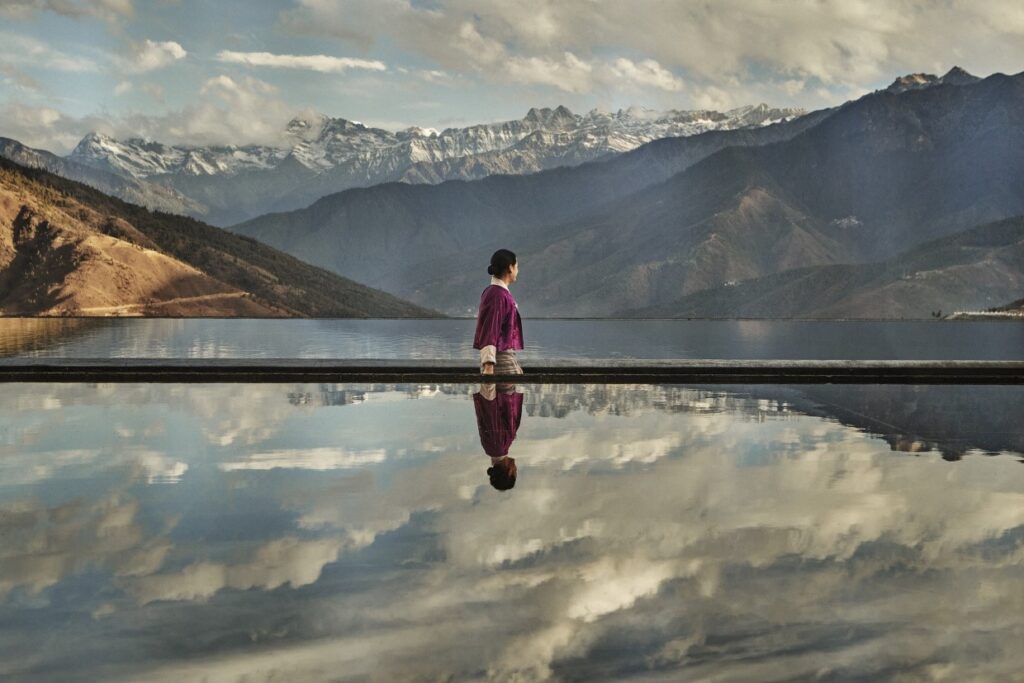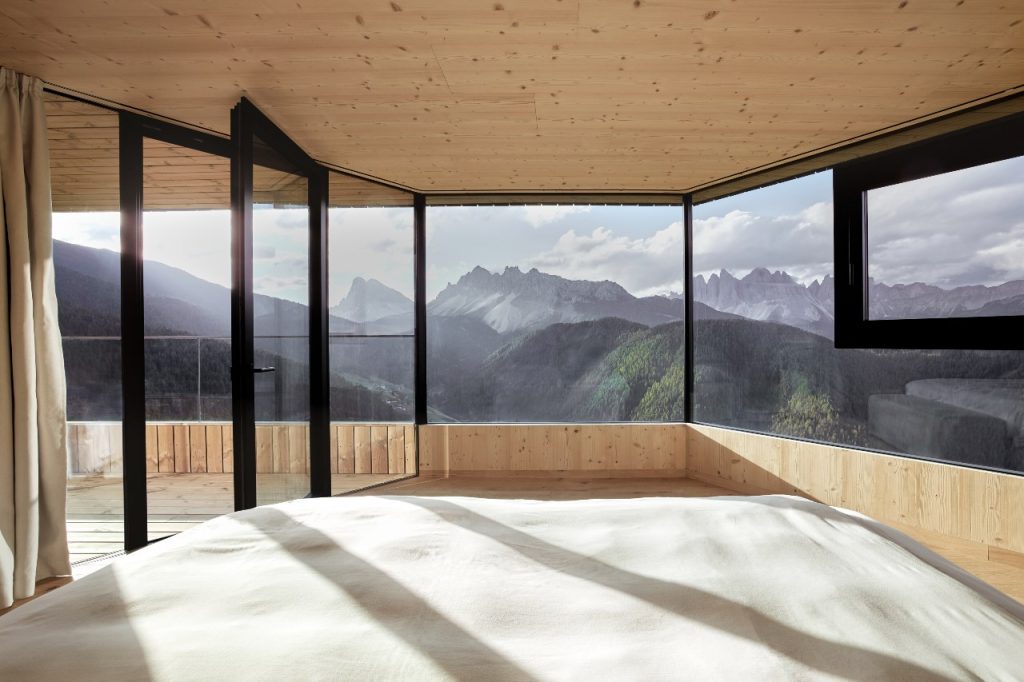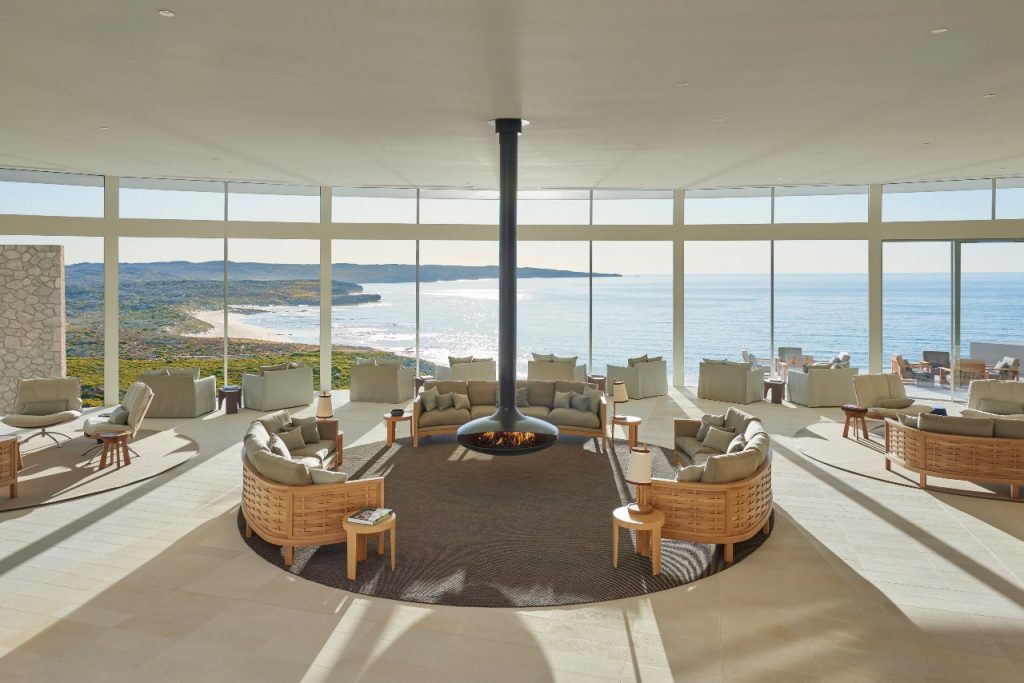At this Brazilian music festival, cows are part of the audience
And the world-class performers love it
Words by Ute Junker
Photo Priscilla Costa via Pixabay
Brazilian accordionist Renato Borghetti has always drawn a strong female following with his music, infused with bossa nova and tango influences. It wasn’t until he performed in front of an audience that included more than 100 cows, however, that Borghetti discovered his way with the ladies extends to females of the bovine persuasion.
“The owner was all smiles the next day – his cows gave much more milk after the concert than they usually do,” said Cristina Braga. The acclaimed harpist helped organise the concert in a cowshed in her role as director of the Festival Vale do Café (Coffee Valley Festival), a music festival held every second July in a secluded valley 120km south of Rio De Janeiro.
Unusual venues are a hallmark of the Festival Vale do Café: performances are also held in churches, town squares, and a number of converted fazendas, or plantation houses.
“We have no theatres, no music halls, so we have to be creative when looking for venues,” says Braga, adding mischievously. “And one thing we have a lot of here is cows.”
Tens of thousands of music-lovers come to see some of Brazil’s best-known musicians perform everything from bossa nova and jazz to classical and samba. Performers enjoy not only the unusual venues but also the relaxed ambience, with performers mingling freely with the audience.
“The entire festival is so loose, so free, it’s a great atmosphere,” said violin-cellist Antonio Lauro Del Claro.
In addition to concerts – many of which are free – the festival’s 70-plus events include music master classes with visiting professors, carnival nights, and talks and exhibitions about the region’s history, architecture and gastronomy.
Vale do Café seems an unlikely place to host a highbrow music festival. A mere 350,000 people live in the tranquil valley that stretches for 100km from Paracambi to Paraiba do Sul. The small towns nestled deep in the folds of the dun-coloured hills give no sign that they once housed the most precious treasure in Brazil.
In the years when coffee was the world’s most profitable commodity, the local producers kept the empire afloat, accounting for almost three-quarters of the world’s production. In the late nineteenth century, however, the coffee industry was crushed by a combination of soil depletion and the abolition of slavery, and the area became an agricultural backwater.
One relic of the area’s heyday is the many grand fazendas, or plantation houses, built on a lavish scale by coffee barons to demonstrate their wealth. Nestled low amid the rolling hills, they also represent one of the region’s best economic hopes. Many of the dilapidated properties have been reclaimed and converted into upscale boutique hotels offering weekends away to the citizens of Rio de Janeiro and Sao Paulo.
“People think that all that’s left here is some cattle in the fields,” says Braga, who holidayed here as a child, “but we have all this culture, all this history. Where else can you drive down a dirt road and find a building that’s like a Venetian palace? That’s the charm of this area.”
The festival also pays tribute to the area’s long musical history. “This area is the heart of Brazilian music, where all the roots of all our forms come from,” Braga explains. “All of Brazil is a product of the mix that first took place here – the Europeans, the Africans (who came as slaves), and the Indians.”
Braga hopes the festival will continue to grow its impact. “The power of culture can be found in small places as well as big,” she says. “Look at Bayreuth, look at Montreux – they are tiny little towns, but their festivals are world-famous.”



